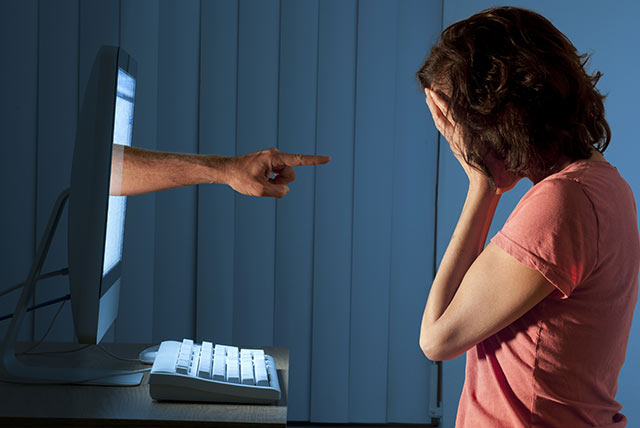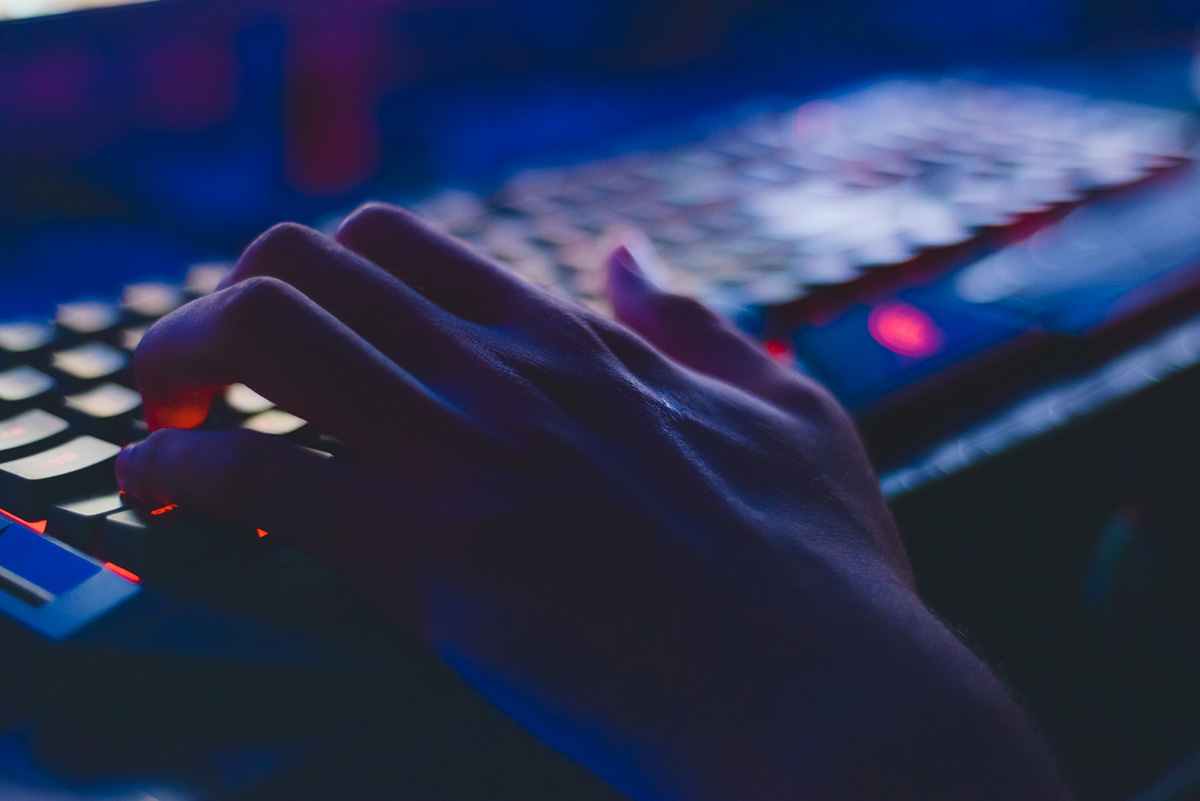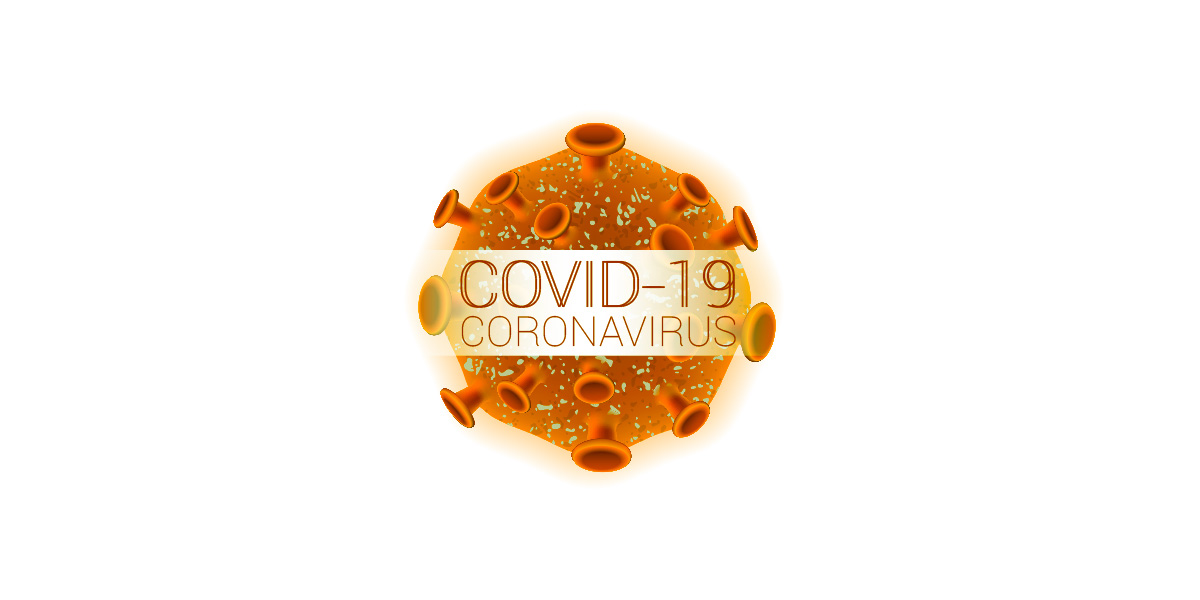Typically, when problems or tragedies affect people, the issues are specific to one country or city or sometimes, to certain geographic regions. Incidences like war, terrorism, disease, poverty, and natural disasters impact smaller segments of the population in only parts of the world at one given time while the rest of us watch or hear about the events on the news and social media. Some of us think about others struggling around the world and feel empathy and sadness while others may move on with their lives without a second thought—after all, human suffering happens every day, somewhere in the world.
The coronavirus is so drastically different from anything else we have ever witnessed, read in books, or seen in documentaries about the history of humanity. It is a mass, global event, impacting all of human kind. We are all watching and listening, with fear, skepticism, and/or caution; or at the very least, this virus has everyone’s attention. As it spreads continent by continent, country by country, we keep track of the numbers—the rising positive cases, and, tragically, the horrific death toll.
This illness has created a major movement, affecting the global economy and the jobs and financial status of millions of individuals, families, and communities. It has inevitably caused significant social problems and changes not only to our everyday lives, but how we interact with one another.
Below we will discuss a few important topics about the now infamous COVID-19—the disease that has marked this generation and our world forever.

Stigma Surrounding the Coronavirus
Stereotypes and stigma are an unfortunate, but also very human reaction to fear: Fear of the unknown, as well as fear of what we do know. We don’t know the long-term effects of this virus, we don’t know if a vaccine will be developed sometime this year, we also don’t know if this virus will disappear, only to return at the end of the year or early next year, as the ‘flu season’ returns. We don’t even know if this illness can be considered a ‘flu.’ Most of us consider it a mystery and a monster. However, we do know that the virus is highly contagious, we know that we should stay ‘socially distant,’ we know we should stay home. Handwashing, masks, and gloves are recommended and, in some areas, required.
This list of known’s and unknown’s goes on and on. We seem to be adding to it as the days go by, which further fuels stigma, stereotypes, and ever-increasing public fear and panic. People are taking to social media and online forums to vent their doubts and fears. There are the skeptics who claim that the virus is a hoax; a story that has been exaggerated or fabricated by the media. Others believe that COVID-19 is synonymous with the end of the world as we know it. Then there are those who have been impacted by the illness directly: Patients and their loved ones who know the true realities of this virus.
There is much stigma, and resulting online cannibalism, placed on patients themselves, as well as individuals who are not following the safety protocols recommended by health experts. People often take out their fears and their anger onto others, which ultimately leads to greater conflict, misinformation, and confusion. If you have had the virus, you may feel as if you are being watched as others count down the days that you should be self-quarantined. If you don’t have the virus, it seems as if people are still watching—scrutinizing your every step towards them and looking at you with judgment if you happen to sneeze, cough, or get too close. Some people are frowned upon for not wearing masks and gloves or for being seen socializing in a group. As if this radical change in our lives wasn’t bad enough, we also have to deal with the stress and public scrutiny caused by this virus.
The main underlying issue that can likely explain the irrational social behaviors and even cruelty among people is the need that many people have to gain at least some control in the midst of a situation that feels so much out of our control. Oftentimes, when people attempt to tell others how they should act and behave, they feel they are somehow maintaining their own safety. The reality is that so many people who have been infected do not know how or from whom they got it. This is a reality that we all know, deep down, but still, we try to control our environment as much as we can, even if it means creating conflict, rejecting others, and fueling negativity.
It is especially critical right now for people to remain human, to show empathy, to educate others with kindness, and to reach out as often as we can (and as safely as possible) to help others. This is what will truly save us from harm. Our biggest threat is the destructive action we take against one another.

The Looming Dangers of an Economic Crash
Even those who were denying that the coronavirus is a real threat took a big step back when the global economy crashed. This is considered one of the most serious consequences of this illness because the potential mental health effects that mass unemployment can have on cities and nations could be dangerous and deadly. Many have discussed that suicide rates can rise if people find themselves destitute and unable to support themselves and their families. For this reason, it is essential now, more than ever, for people to unite and collaborate; support and motivate one another; check in on family members, friends, neighbors, and co-workers. We must do this without hesitation.
The coronavirus has changed us all and it has likely changed us forever. Our societies, our world, will never be the same. We can use this time to grow, learn, and progress; to question our actions and decisions; and to evaluate our values and the way in which we treat one another.
Illustration: Kakuen Lau



